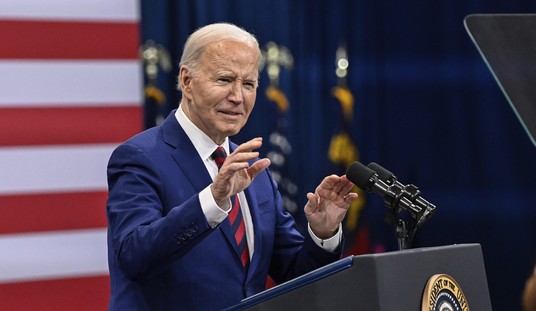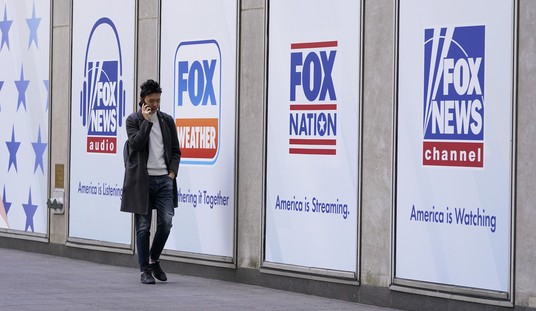Monday, the Supreme Court heard the arguments for Sackett v. EPA, a case in which two private citizens are challenging the federal agency's egregious regulatory overreach over their relatively miniscule plot of private property. While we likely won't have the Court's final decision until around June, I think we can make an educated guess as to which way the more conservative justices' votes will swing:
Justice Antonin Scalia assailed the “high-handedness” of the environmental agency when dealing with private property, and Justice Samuel Alito described some of the EPA’s actions as “outrageous,” arguing that most people would say “this kind of thing can’t happen in the United States.” ...
Alito leveled some of the strongest criticism against the EPA, noting that the Sacketts had to wait until the EPA sued them to even challenge the idea that there were wetlands on their property.
“You think maybe there is a little drainage problem in part of your lot, so you start to build the house and then you get an order from the EPA which says: ‘You have filled in wetlands, so you can’t build your house; remove the fill, put in all kinds of plants; and now you have to let us on your premises whenever we want to,’” Alito said. “You have to turn over to us all sorts of documents, and for every day that you don’t do all this you are accumulating a potential fine of $75,000. And by the way, there is no way you can go to court to challenge our determination that this is a wetlands until such time as we choose to sue you.”
Chief Justice John Roberts said that because of the potential fines, few people are going to challenge the EPA’s determinations.
“Because of the administrative compliance order, you’re really never going to be put to the test, because most land owners aren’t going to say, ‘I’m going to risk the $37,000 a day,” Roberts said. “All EPA has to do is make whatever finding it wants, and realize that in 99 percent of the cases, it’s never going to be put to the test.”
Recommended
The justices' comments highlight the preposterous amount of authority the EPA is allowed to wield in determining the regulatory lay of the land, as well as the tremendous hurdles people and businesses have to leap over to challenge the agency's supreme edicts. Need another example? Why, here's one, readymade and fresh off the presses of the NYT (I highly recommend reading the entire thing):
WASHINGTON — When the companies that supply motor fuel close the books on 2011, they will pay about $6.8 million in penalties to the Treasury because they failed to mix a special type of biofuel into their gasoline and diesel as required by law.
But there was none to be had. Outside a handful of laboratories and workshops, the ingredient, cellulosic biofuel, does not exist.
In 2012, the companies expect to pay even higher penalties for failing to blend in the fuel, which is made from wood chips or the inedible parts of plants like corncobs. Refiners were required to blend 6.6 million gallons into gasoline and diesel in 2011 and face a quota of 8.65 million gallons this year.
“It belies logic,” Charles T. Drevna, the president of the National Petrochemicals and Refiners Association, said of the 2011 quota. And raising the quota for 2012 when there is no production makes even less sense, he said.
That's right--the EPA is penalizing oil companies for not blending their product with a biofuel, that isn't commerically available. The 2007 Energy Independence and Security Act requires certain motor fuels to be made with cellulose, in an attempt to forcibly steer energy technology and innovation towards biofuel (already a mistake with myriad unintended consequences like rising food prices and diverted R&D dollars) so that companies can meet the EPA's arbitrary emissions standards.
Could anybody possibly have enough audacity to argue that the EPA's ludicrous policies aren't careening out-of-control? Oh, yes... they could. Guess who:
When we put in place new common-sense rules to reduce air pollution, we create new jobs building and installing all sorts of pollution-control technology. When we put in place new emissions standards for our vehicles, we make sure that the cars of tomorrow are going to be built right here in the United States of America, that we're going to win that race. ... That doesn't mean that it's not important for every single one of us to think about how can we make sure that we are achieving our goals in the smartest way possible, in the most efficient ways possible, in the least bureaucratic ways possible, in the clearest ways possible. That's also part of our mission.
So sayeth President Obama, appearing today in D.C. in front of the full EPA staff to thank them for their dedicated service and important contributions to the American landscape. ...Which EPA is he talking about?

























Join the conversation as a VIP Member